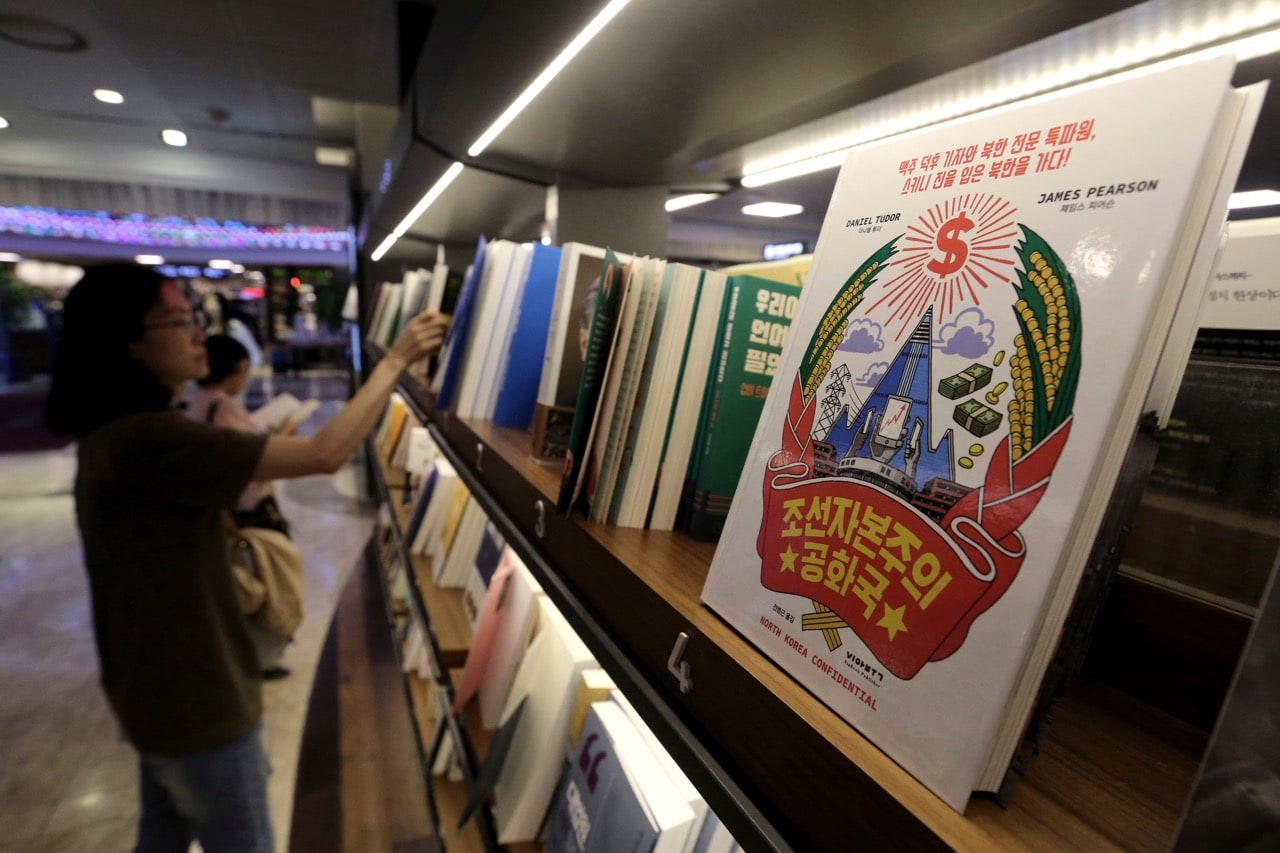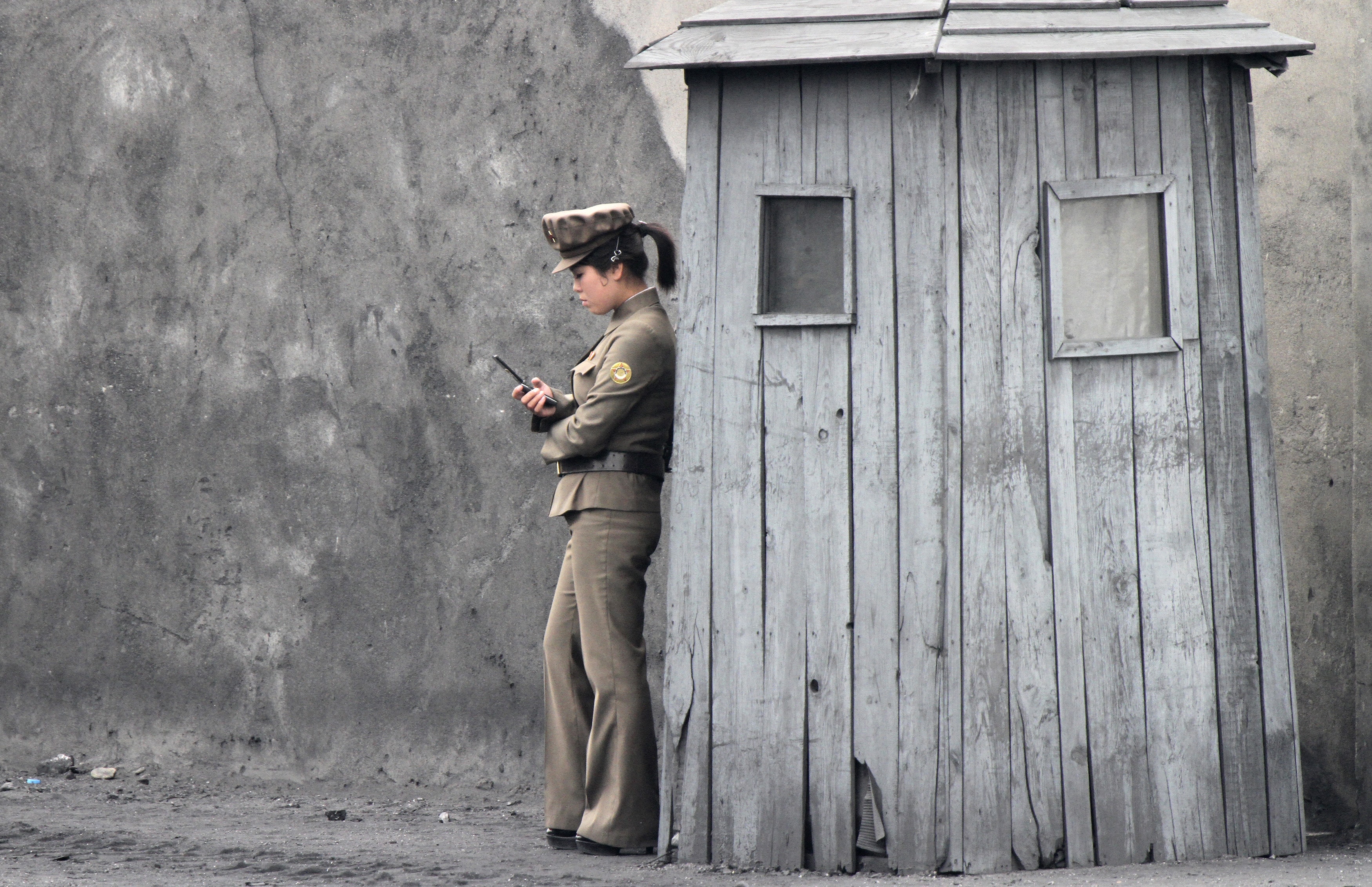(RSF/IFEX) – RSF is disturbed by the North Korean authorities’ refusal to allow journalists to report from the scene of the explosion of two trains at the train station in Ryongchon. The organisation has written to the head of the North Korean permanent mission in Geneva, Switzerland, urging him to allow the international news media […]
(RSF/IFEX) – RSF is disturbed by the North Korean authorities’ refusal to allow journalists to report from the scene of the explosion of two trains at the train station in Ryongchon.
The organisation has written to the head of the North Korean permanent mission in Geneva, Switzerland, urging him to allow the international news media to visit the scene of the accident. RSF also complained that Pyongyang has refused to give precise information to aid organisations. The authorities are releasing information about the scale of the catastrophe very slowly, with complete disregard for the victims, RSF said.
North Korea took two days to officially admit that an explosion took place on 22 April 2004 and had devastated a neighbourhood around Ryongchon station. The South Korean press broke news of the incident on the day of the explosion.
Pyongyang declared a state of emergency in the town, but provided information minimising the extent of the accident at first. Although hundreds, and perhaps thousands, of people were killed, and at least 30,000 inhabitants of Ryongchon were reportedly “affected” by the accident, aid organisations had to wait several days to be granted access to the area.
An International Committee of the Red Cross (ICRC) representative complained that the information provided by the authorities was “insufficient.”
Dozens of foreign journalists travelled to the Chinese town of Dandong, on the North Korean border, to cover the accident, but were not allowed into Ryongchon. Some correspondents said residents of the border zone were too afraid to speak to them about the accident. There were no articles about the explosion in Dandong’s local press.
The English version of the Korean Central News Agency’s (KCNA, the official news agency) website has only carried occasional articles about the victims of the accident. Numerous solidarity messages sent by foreign governments to Kim Jong Il were prominently displayed, however.


